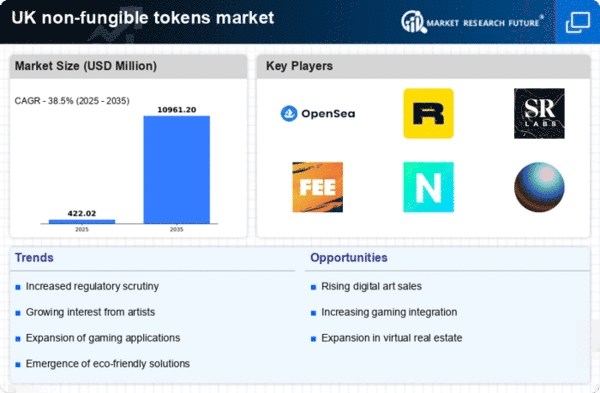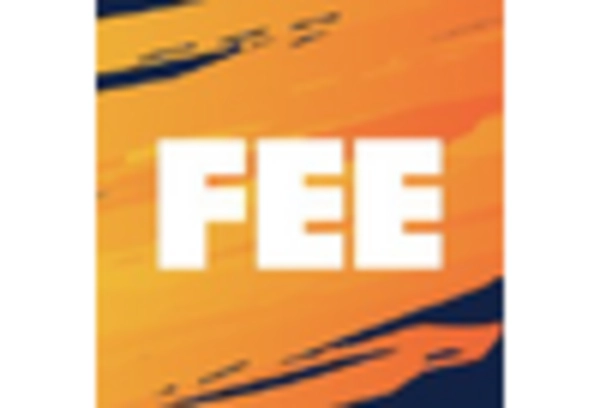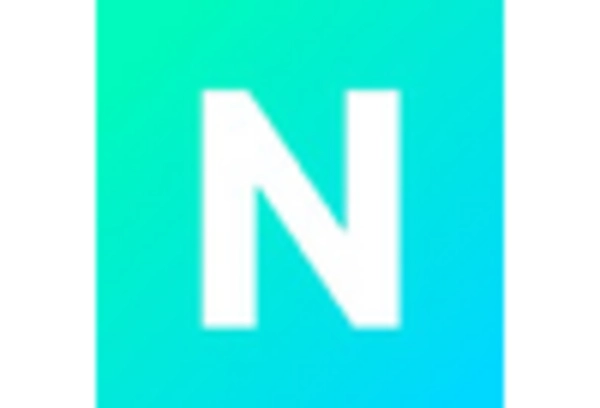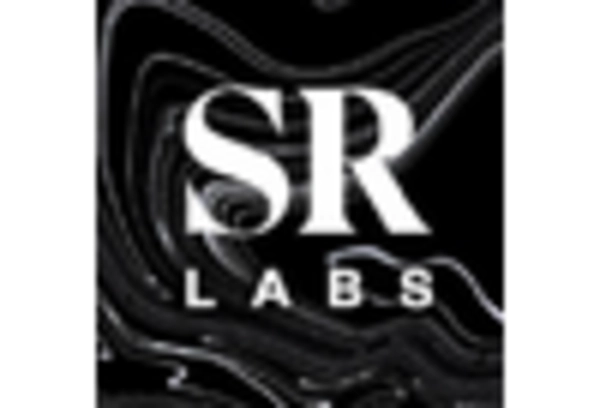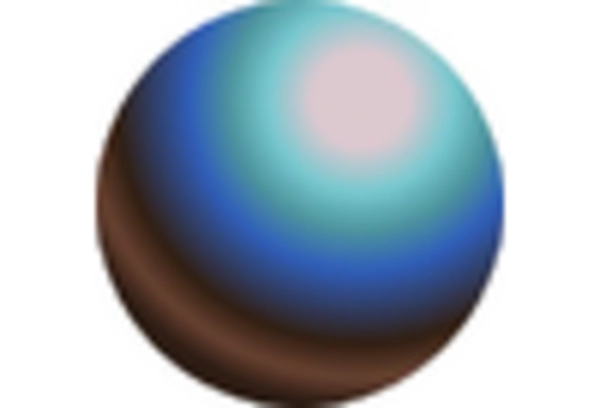Expansion of NFT Use Cases
The non fungible-tokens market is expanding rapidly due to the diversification of NFT use cases beyond art and collectibles. Industries such as gaming, fashion, and real estate are increasingly adopting NFTs to enhance user engagement and create new revenue streams. For instance, gaming companies in the UK are integrating NFTs to allow players to own in-game assets, which can be traded or sold. This expansion is projected to contribute to a 40% increase in market size by 2026, as businesses leverage NFTs to innovate and connect with consumers. The growing versatility of NFTs is likely to attract a wider audience, further propelling the non fungible-tokens market.
Investment from Institutional Players
The non fungible-tokens market is witnessing a notable influx of investment from institutional players, which is reshaping the landscape of digital assets in the UK. Major financial institutions and investment firms are beginning to recognize the potential of NFTs as an alternative asset class. Reports indicate that institutional investment in NFTs could reach £500 million by the end of 2025, reflecting a growing confidence in the market's sustainability and profitability. This trend is likely to enhance the legitimacy of the non fungible-tokens market, attracting more retail investors and fostering a more robust trading environment.
Technological Advancements in Blockchain
The non-fungible tokens market is experiencing a surge due to rapid technological advancements in blockchain technology. Innovations such as layer-2 solutions and interoperability protocols are enhancing the efficiency and scalability of NFT transactions. In the UK, the integration of these technologies is expected to reduce transaction costs by up to 30%, making NFTs more accessible to a broader audience. Furthermore, the development of user-friendly platforms is simplifying the creation and trading of NFTs, thereby attracting both creators and collectors. This technological evolution is likely to bolster the non fungible-tokens market, as it enables a seamless experience for users, fostering greater engagement and participation in the ecosystem.
Cultural Shifts Towards Digital Ownership
The non fungible-tokens market is benefiting from a cultural shift towards digital ownership, particularly among younger demographics in the UK. As digital assets gain recognition, consumers are increasingly valuing the uniqueness and provenance that NFTs provide. This trend is reflected in the growing interest in digital art, music, and virtual real estate, with sales in these categories witnessing a remarkable increase. In 2025, the market for digital art NFTs alone is projected to reach £1 billion, indicating a robust appetite for unique digital assets. This cultural transformation is likely to drive further investment and participation in the non fungible-tokens market, as individuals seek to express their identities through digital ownership.
Growing Interest in Environmental Sustainability
The non fungible-tokens market is increasingly influenced by a growing interest in environmental sustainability. As concerns about the carbon footprint of blockchain technology rise, there is a push for eco-friendly NFT platforms that utilize energy-efficient consensus mechanisms. In the UK, initiatives aimed at reducing the environmental impact of NFTs are gaining traction, with some platforms committing to carbon neutrality. This shift is likely to appeal to environmentally conscious consumers and artists, potentially increasing participation in the non fungible-tokens market. By aligning with sustainability goals, the market may attract a new demographic of users who prioritize eco-friendly practices in their digital asset investments.


